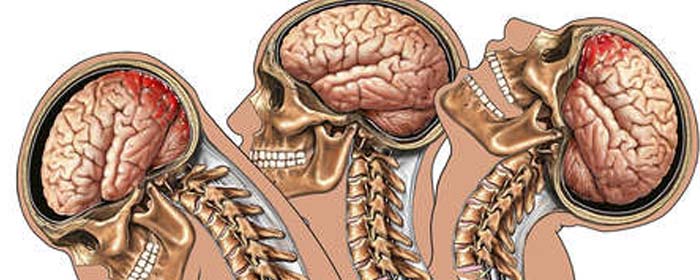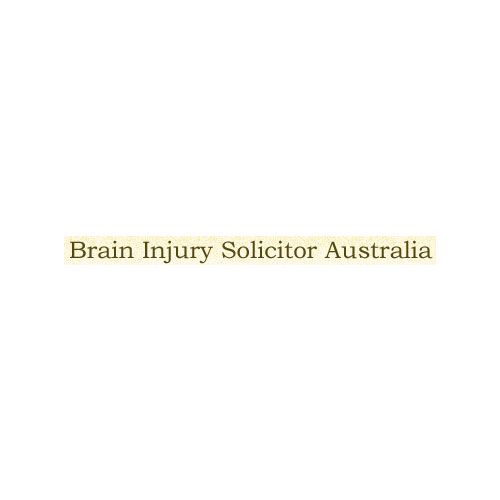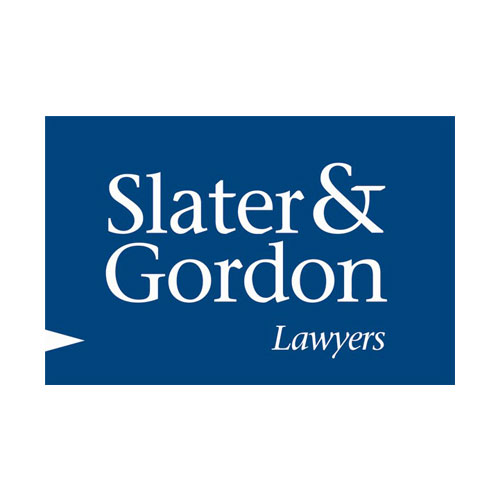A Traumatic Brain Injury (TBI) is an injury that induces severe trauma to the brain and any part of the brain membrane or stem.
These injuries usually have a long term effect on the victim and can even result in death. A TBI, as with any head injury, should be treated immediately by specialist medical practitioners. However a TBI may not be obvious to the layman and so any head injury should be treated like a TBI. To diagnose a TBI as well as the details of the injured parts, an MRI is usually required. By mapping an image of your brain, a Neurologist will be able to determine the extent of the injury and what the consequences will be. A TBI can be caused by a simple fall or collision and will not always be immediately obvious. Aneurysms and swelling can sometimes take hours to appear and so it is vital that if you sustain any kind of head injury, you seek immediate medical advice.
How to spot a TBI
The signs and symptoms of traumatic brain injury are varied and do not always present themselves immediately.
Symptoms of mild traumatic brain injury may include
Physical
- Losing consciousness for a short while
- Being dazed, confused or disorientated, without losing consciousness
- Prolonged or severe headaches
- Nausea and vomiting
- Sleeping difficulties or sleeping more than usual
- Dizziness and difficulties with balance
Sensory
- Blurred vision, tinnitus, an unpleasant taste in the mouth, changes in the ability to smell
- Light and sound sensitivity
The mind and thinking
- Problems concentrating or memory problems
- Mood swings and changes
- Being depressed or anxious
Symptoms of moderate to severe TBI may include
Physical
- Losing consciousness for quite some time – several minutes to hours
- A constant headache or one that gets worse
- Repeated nausea and/or vomiting
- Convulsions and/or seizures
- One or both pupils of the eyes dilating
- Clear fluids being discharged from the nose or ears
- Being unable to wake up from sleep
- Weakness/numbness in the fingers and toes
- Loss of co-ordination
The mind and thinking
- Serious or deep confusion
- Being agitated, combative or displaying unusual behaviour
- Speech being slurred
- Falling into a coma or displaying other consciousness disorders
Children may display the following symptoms
- Changed eating or breastfeeding habits
- Uncontrollable and inconsolable crying
- Odd or easily aroused irritability
- A changed ability to pay attention
- Sleeping habit changes
- Appearing to be sad or depressed
- Loss of interest in favourite toys or pastimes
A TBI Claim
Claiming for compensation for damages incurred by a TBI relies on multiple arms of investigation, depending on the circumstances of the injury. It is possible to claim for medical expenses, loss of income and 'pain and suffering' caused by the TBI, however the claimant's case will determine the validity of each. When you or a loved one suffers a TBI, the circumstances must be investigated and this will determine what kind of claim is put forward. In claims case, the key is to show the fault of another party that directly caused the TBI. Further, it must be shown that the compensation sought matches the evidence and argument put forward. For example, imagine you are involved in a car accident. Another driver illegally swerves into your lane and causes a collision, as a result you are hospitalised and suffer prolonged paralysis in your dominant hand. You could claim against the other driver for the costs of the medical treatment as well as loss of earnings, if you can show you had been unable to work due to the injury.
It is also possible to claim on behalf of another should you be affected by their injury. For example if your child suffered severe brain damage, you could claim compensation for the costs of raising and caring for the child. Similarly, if your spouse or loved one whom you rely on, suffers a TBI that impedes income, you can claim for the loss of earnings to your household.
How to Claim
When instigating any claim for compensation, it is vital to seek immediate legal advice. In cases such as TBI, where many variables need be examined, such as the injury, the consequences as well as the causes. These cases require experts in medicine and in law, as well as any other relevant field. For instance if the TBI had been caused by a falling lift, mechanical engineers must be consulted to determine the cause of the failure. No article on claiming in the event of TBI, no matter how authoritative the source may be, will be able to provide the advice or resources needed when you or a loved one suffers a traumatic brain injury. There is no fixed approach when claiming compensation. Seek the expert advice of all those involved: your family doctor and the medical specialists you are referred to; your insurance company and medical aid society; lawyers and (in the event of an accident in a public space) company executives and any parties involved.
Although legal action is usually the last resort due to comprehensive insurance laws, in the event you have to launch a legal claim, always involve legal experts before proceeding with any kind of action. In Australia there are comprehensive laws to protect citizens from having to pursue legal claims against others, however this does not mean that you should be ignorant or careless. Cases of TBI are extremely dangerous and can result in fatality or lifetime disability, despite the insurance provided for victims, the compensation can never replace a person or their health. Whenever you suspect TBI, always seek immediate medical advice. Alert your insurance company and if necessary you lawyer.
Although following the above guide can help you navigate your way around the basics of a TBI claim, local and provincial laws might differ or provide special amendments. Always consult your legal advisers even if the claim is being settled by an insurance company. Compensation sums are limited and not always comprehensive, if you require more than the paid sum, you will have to proceed with legal action. The only way to know this ahead of the case is to consult with your lawyers for the necessary advice.




